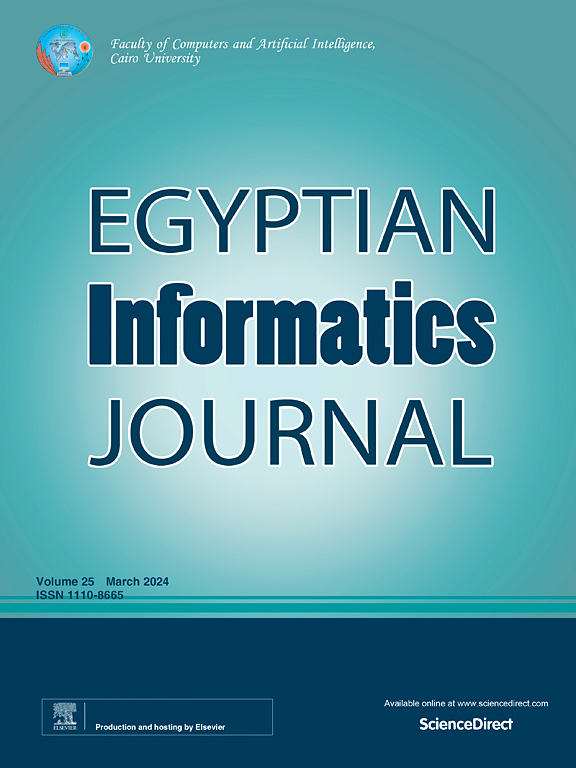A road lane detection approach based on reformer model
IF 4.3
3区 计算机科学
Q1 COMPUTER SCIENCE, ARTIFICIAL INTELLIGENCE
引用次数: 0
Abstract
Intelligent driving has now become the hot research topics in the field of intelligent transportation system (ITS), and its maturity has a significant impact on road traffic safety in information environment. As one of the key technologies of intelligent driving, lane detection is an important prerequisite for identifying driving environment and driving scenarios, and providing auxiliary decision-making for driving. At present, road lane detection methods based on Transformer model are currently considered to be most effective and accurate; however, Transformer model-based road lane detection methods still have their own drawbacks, like high computational complexity of attention mechanisms and defects in activation function and loss functions. Thus, in this paper, a road lane detection method based on Reformer model, which is in essence an improved version of Transformer model has been proposed. By utilizing local sensitive hashing (LSH) attention mechanism, reversible Transformer structure and partitioning mechanism introduced in Reformer model, the high complexity of Transformer model can be overcome; and by configuring the Mish activation function and Huber loss function, the difficulties in network training and parameter optimization in Transformer model can also be solved. Via numerical analysis and real vehicle scenario experiment on Shanghai-Jiaxing expressway in China, the effectiveness of the proposed Reformer model and its superiority over Transformer models has been demonstrated.
基于改革者模型的道路车道检测方法
智能驾驶现已成为智能交通系统(ITS)领域的研究热点,其成熟与否对信息环境下的道路交通安全有着重要的影响。车道检测作为智能驾驶的关键技术之一,是识别驾驶环境和驾驶场景,为驾驶提供辅助决策的重要前提。目前,基于Transformer模型的道路车道检测方法被认为是最有效、最准确的方法;然而,基于Transformer模型的道路车道检测方法仍然存在着注意机制计算复杂度高、激活函数和损失函数存在缺陷等缺点。因此,本文提出了一种基于Reformer模型的道路车道检测方法,它实质上是Transformer模型的改进版本。利用在Reformer模型中引入的局部敏感哈希(LSH)关注机制、可逆变压器结构和划分机制,克服了Transformer模型的高复杂性;通过配置Mish激活函数和Huber损失函数,还可以解决Transformer模型在网络训练和参数优化方面的困难。通过上海-嘉兴高速公路的数值分析和实车场景试验,验证了该模型的有效性及其相对于变压器模型的优越性。
本文章由计算机程序翻译,如有差异,请以英文原文为准。
求助全文
约1分钟内获得全文
求助全文
来源期刊

Egyptian Informatics Journal
Decision Sciences-Management Science and Operations Research
CiteScore
11.10
自引率
1.90%
发文量
59
审稿时长
110 days
期刊介绍:
The Egyptian Informatics Journal is published by the Faculty of Computers and Artificial Intelligence, Cairo University. This Journal provides a forum for the state-of-the-art research and development in the fields of computing, including computer sciences, information technologies, information systems, operations research and decision support. Innovative and not-previously-published work in subjects covered by the Journal is encouraged to be submitted, whether from academic, research or commercial sources.
 求助内容:
求助内容: 应助结果提醒方式:
应助结果提醒方式:


